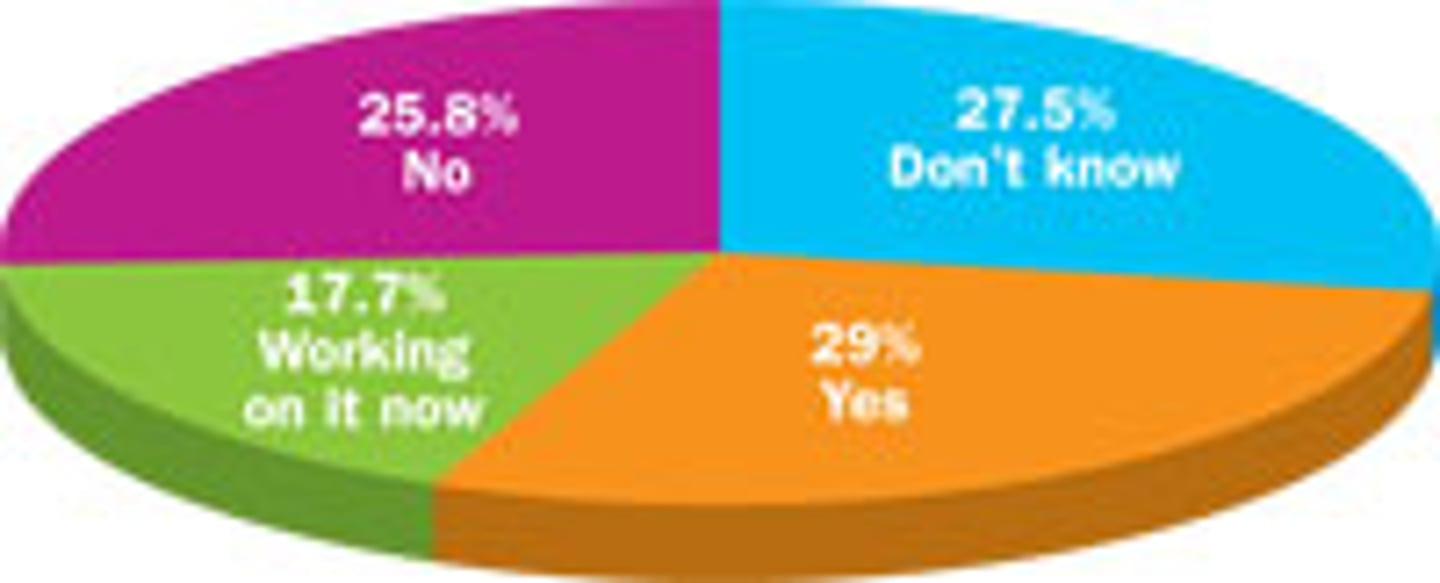Franchising Freedom
The traditional franchise model offers aspiring retail owners an opportunity to open their own store with relatively low risk, but also with little to no autonomy. Franchisees pay a fee to buy into a proven concept and essentially follow the franchisor’s mandated game plan. At the opposite end of the risk spectrum, entrepreneurs create their own concept and make decisions to suit their vision, but they do so with little or no support.
Between these two extremes resides Great Harvest Bread Co., a self-described “freedom franchisor” that provides franchisees with all the ingredients for success while allowing each owner the flexibility to individualize his or her business.
In 1976, the first bakery opened in Great Falls, Mont., and franchise headquarters was established seven years later in Dillon, Mont. Current CEO and president Mike Ferretti and five friends purchased Great Harvest Bread Co., in 2001.
Ferretti was attracted to the franchise-based model and to the superior product—breads “made from scratch” daily using all-natural, healthy ingredients including wheat grown in Montana and ground fresh at each bakery.
Although there have been company-owned stores in the past, all of the approximately 200 bakeries are now franchised. This allows each store owner to personally manage the bakery operations, including daily product preparation, while the parent franchisor concentrates on corporate infrastructure such as marketing, accounting, site selection and sourcing ingredients.
“We want our franchisees to be able to make their own decisions, but we give them all the support they need to be successful,” explained Ferretti. “Typically, a franchisor sends field support to ensure compliance [with corporate policies], but our teams visit bakeries to help implement new ideas or fix problems.”
The company is, however, a stickler for maintaining product quality. Each quarter, bakeries submit loaves of the mainstay honey-whole-wheat bread for evaluation by corporate inspectors. Loaves are rated based on their taste, smell and appearance.
“We do not allow investors to purchase a franchise; all owners have to be hands-on managers and we only allow owners to operate multiple stores after they have established a successful track record with one store,” continued Ferretti.
Great Harvest Bread Co. receives some 6,000 requests from prospective franchisees per year, of which approximately 300 actually complete the rigorous applications process and about half of those are deemed to be legitimate and workable possibilities.
“These numbers have not fluctuated over the last few years,” noted Ferretti. “The difference is that the final 150 applicants are now more serious and better qualified than the applicants were five years ago.”
The company’s proven success no doubt encourages interest from higher-caliber prospects. In 2006, sales reached $85 million and Great Harvest Bread Co. is on track to surpass $90 million this year. Another contributing factor is the growing consumer preference for healthy foods.
“The biggest trend impacting our business is the whole idea of knowing where the food you eat comes from,” said Ferretti. “Eating organic food is a big trend, but I think Americans are going to settle on the idea that what is important is not that everything is organic, but that they know where their food came from and what was done to it before they got it.
“There is considerable risk in sourcing raw products now. All of our wheat is grown on Montana farms; we know the growers and the specific field where every wheat berry comes from. Our store owners can identify each ingredient in every loaf of bread and track the raw materials by lot number on our internal Web site.”
In addition to controls that maintain the consistent quality of every product baked, Ferretti established a Franchise Agreement Board, comprised of elected bakery owners, that ensures franchisee input in all corporate decisions.

